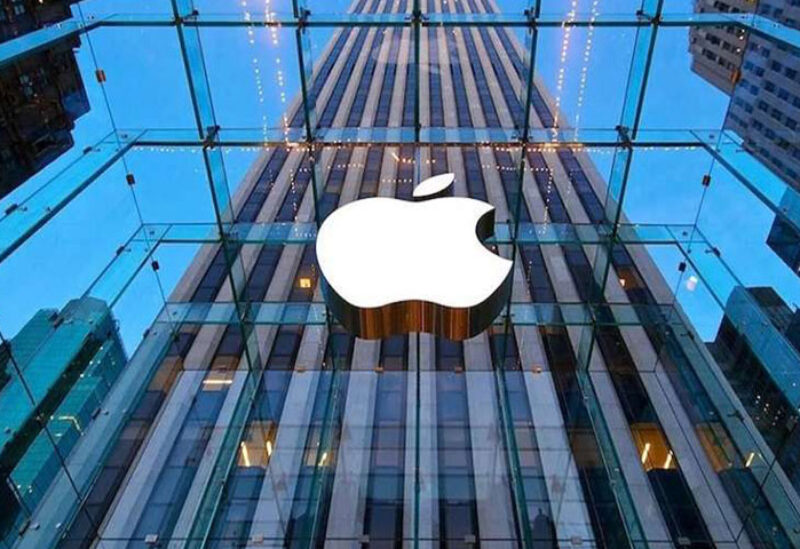
Apple Inc
Apple Inc (AAPL.O) announced a line of slim iMac computers and iPads with higher-quality video that use its own processors, as it speeds its migration away from Intel (INTC.O) and caters to a work-from-home world.
The company also launched products including AirTags to find lost items and podcast subscription services. AirTags will cost $29 each, while the iMac will start at $1,299. Both will be available starting 8 a.m. ET (1200 GMT) on April 30.
The wide variety of announcements largely had been telegraphed before the presentation, which had no major surprises. Shares of Apple were down 1.3%, slightly more than the 1% drop in the Nasdaq index.
The thinner iMac computers will use an Apple-designed central processor unit and come in seven colors, including purple and green. With a 24-inch (61-cm) display, the iMacs are just 11.5 millimeters thick.
The new iMacs also feature a higher quality front-facing camera and microphone array, responding to complaints from consumers during the pandemic that the computer’s cameras had not kept pace with the company’s iPhones and iPads during an era of pervasive video calls.
Apple introduced new iPad Pros that use the same M1 chip as its computers, rather than a beefed up version of its iPhone chips, and additional ports for connecting monitors and 5G connectivity, aiming the device at content creators looking for a mobile device. The company also said that controllers from Sony’s PlayStation and Microsoft’s Xbox would work with the iPad Pro, targeting gamers with the new device’s speed and display.
The company also announced podcast subscription services that will compete with rival Spotify (SPOT.N). Subscription prices will be set by creators and billed monthly, Apple said. Apple will charge creators $19.99 per year for its podcast program.
Apple also updated its Apple TV set top box with better color output and a faster processor chip. The new Apple TV 4K will also let users improve a TV’s picture by using light sensors on the iPhone.
Apple said that spouses and partners would be able to share and merge credit lines with its Apple Card, which CEO Tim Cook described as an important step toward making it easier for people to build their credit scores.
Apple shares have risen nearly 95% over the past year, faster than the 63% rise in the Nasdaq Composite Index (IXIC), thanks to a record $274.5 billion in sales for fiscal 2020 as consumers stocked up on electronics during the pandemic.
“The Pro iPads are not the volume sellers, but they blur the line between Mac and iPad. How Apple differentiates between the iPad Pro and the Mac will be very interesting to watch,” Ben Bajarin, principal analyst for consumer market intelligence at Creative Strategies.
The AirTag announcement could result in a new round of complaints to lawmakers that Apple is hurting smaller rivals. Tile, a startup that has sold a competing tracker for nearly a decade, last year testified before the U.S. House of Representatives that Apple’s App Store rules had made it harder to use Tile’s products and will be called before the U.S. Senate to testify on Wednesday.
Apple has said it subjects all apps, including its own, to the same App Store review rules.
Bob O’Donnell, head of TECHnalysis Research, said he does not believe the trackers will become a big business on their own. “Because they are so late to this, it might not be that much different than when Apple got into set top boxes like Apple TV. They’re a player. They’re there, but they’re not huge,” he said.
But Bajarin said the trackers could keep people tied to their iPhones if they rely on them to find items like keys and wallets.
“The more you buy into just one hardware product, the less likely it is you’ll ever leave,” Bajarin said.